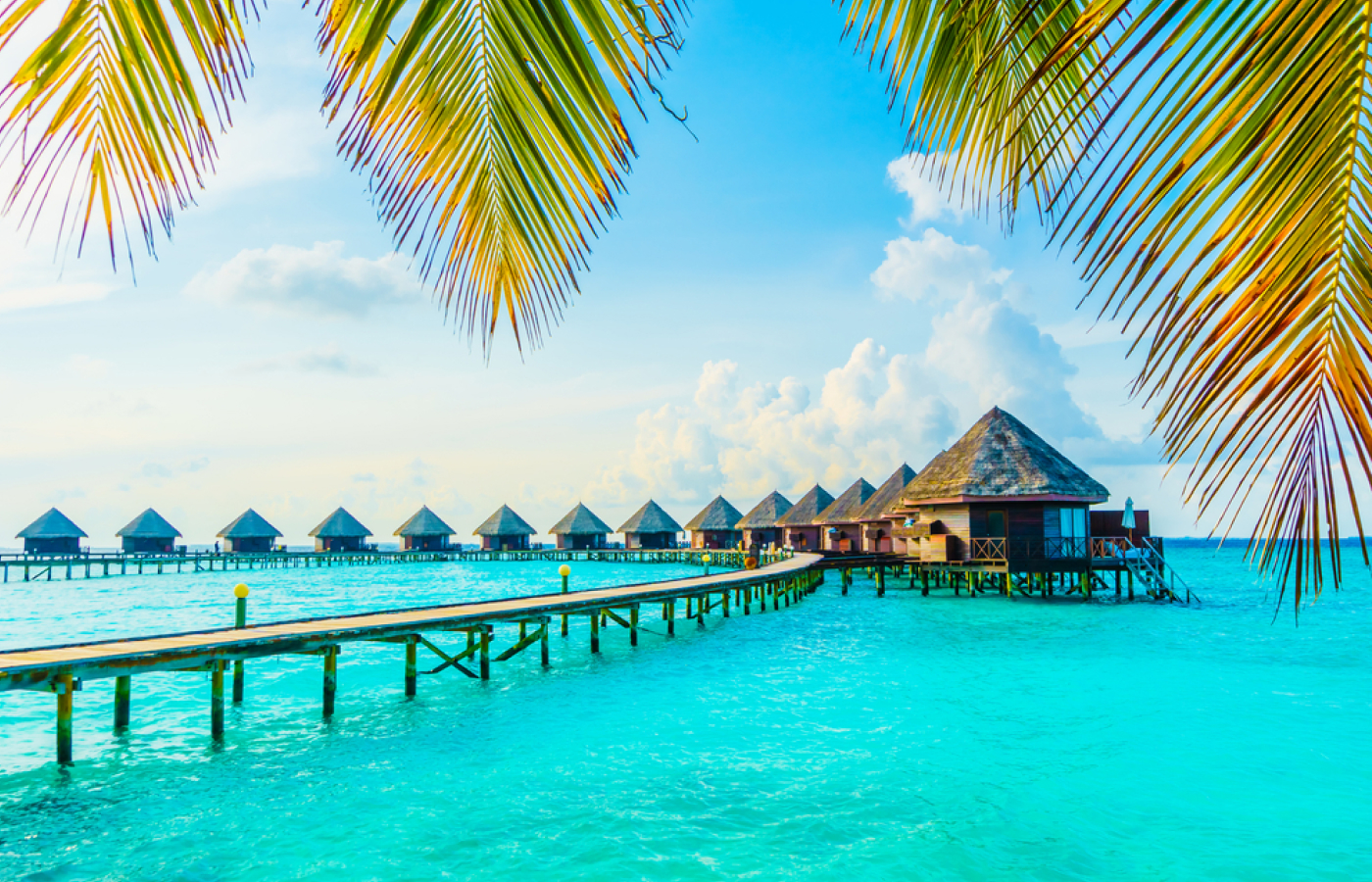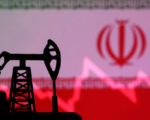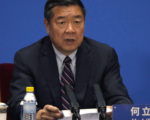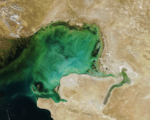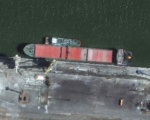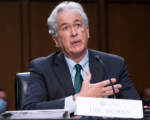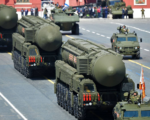Facing a looming economic crisis, Maldivian President Mohammed Muizzu has expressed confidence that India will step in to provide financial assistance. Ahead of his five-day visit to India, Muizzu is expected to seek a bailout worth hundreds of millions of dollars to alleviate the country’s critical foreign exchange reserve situation, which has dwindled to $440 million—barely enough to cover 1.5 months of imports.
In an email interview with the BBC, Muizzu highlighted India as one of the Maldives’ key development partners, acknowledging its potential role in offering financial solutions during this fiscal challenge. This marks a shift in tone from Muizzu’s previous “India Out” campaign, which had called for the withdrawal of Indian troops stationed in the island nation. During the interview, however, Muizzu avoided directly addressing his past anti-India rhetoric and expressed optimism that any existing differences could be resolved through open dialogue and mutual understanding.
Economic Crisis and Need for a Bailout
The Maldives’ economic woes have escalated with the recent downgrade of its credit rating by global agency Moody’s, which warned that “default risks have risen materially.” Despite this, Muizzu dismissed the idea of a sovereign debt default, emphasizing that the government is following a home-grown agenda rather than seeking assistance from the International Monetary Fund (IMF).
However, Moody’s report raises serious concerns, noting that the Maldives’ foreign reserves are far below the levels required to meet its external debt service obligations of $600 million in 2025 and over $1 billion in 2026. Without significant financial assistance, the nation’s economic stability remains precarious.
Reconciliation with India Amid Strained Relations
Muizzu’s visit to India is critical, especially given the strained relations between New Delhi and Malé since his election in November 2023. His initial foreign visits to Turkey and China were seen as snubs to India, a departure from the tradition of newly elected Maldivian leaders prioritizing India. Relations worsened when Muizzu’s government demanded the withdrawal of Indian troops, though the two nations ultimately agreed to replace the soldiers with civilian technical staff to operate India-donated aircraft.
Despite these tensions, India has historically played a significant role in the Maldives’ development, offering $1.4 billion in financial support for infrastructure and other projects. The upcoming talks in Delhi are seen as a chance for Muizzu to rebuild ties and secure crucial financial assistance to shore up the country’s reserves.
The China Factor and Strategic Concerns
Though Muizzu rejects being labeled pro-China, his administration has made moves that suggest a tilt toward Beijing, raising concerns in India. Earlier this year, the Maldives allowed a port call by a Chinese research vessel, which some viewed as a potential mission to gather data for Chinese military purposes. Additionally, Muizzu’s government has chosen not to renew a hydrographic survey agreement with India, further cooling diplomatic relations.
However, analysts suggest that Muizzu’s recent outreach to India is rooted in the harsh economic realities facing the Maldives. Azim Zahir, a Maldivian political analyst, believes Muizzu’s pivot back toward India is a recognition of the country’s dependence on its larger neighbor—financial support from China has not been as forthcoming as anticipated.
Future Outlook
As Muizzu prepares for his visit to India, the economic and diplomatic stakes are high. A successful bailout from India could stabilize the Maldives’ foreign exchange reserves, allowing it to avert a debt default and ensure continued development. However, balancing relations with both India and China will remain a challenge for Muizzu’s administration as it navigates the Indian Ocean’s shifting geopolitical landscape.


